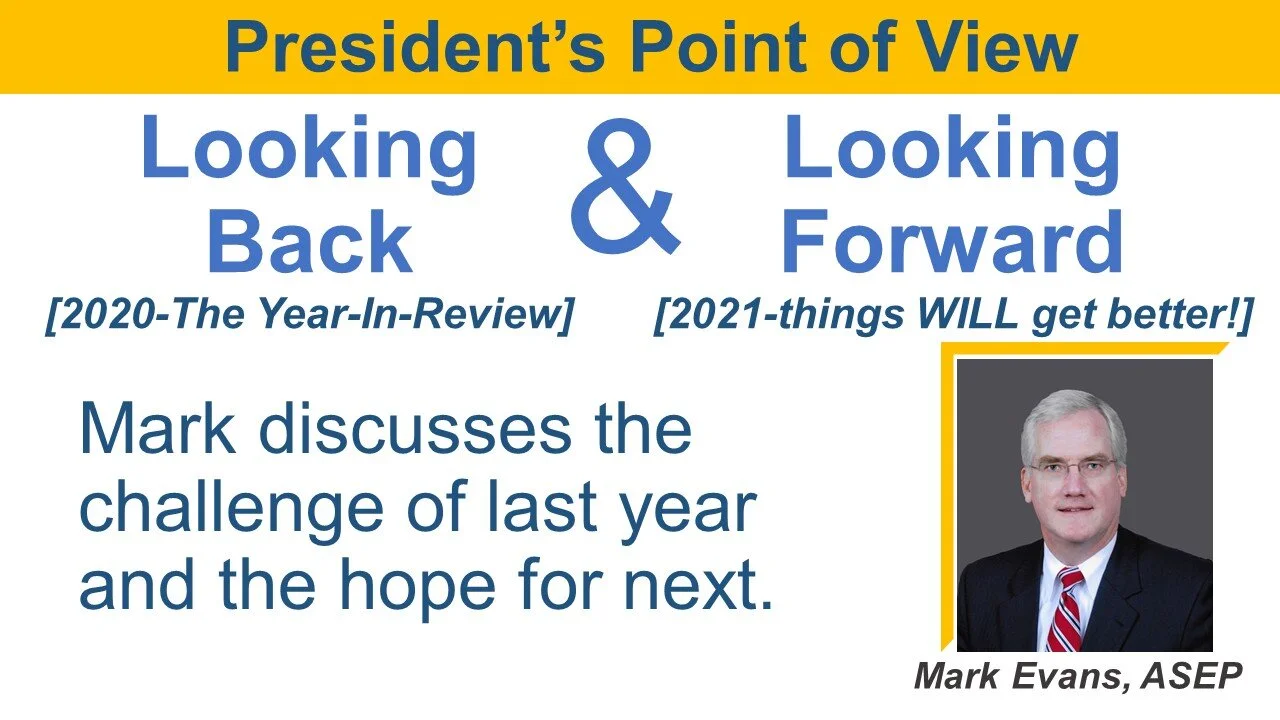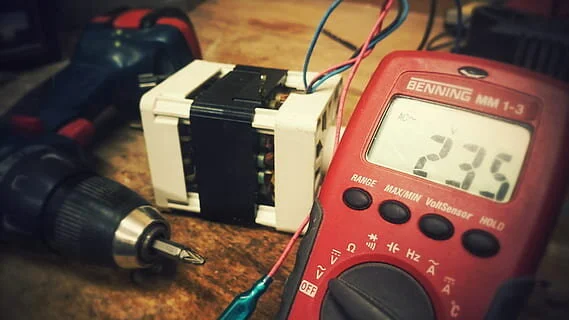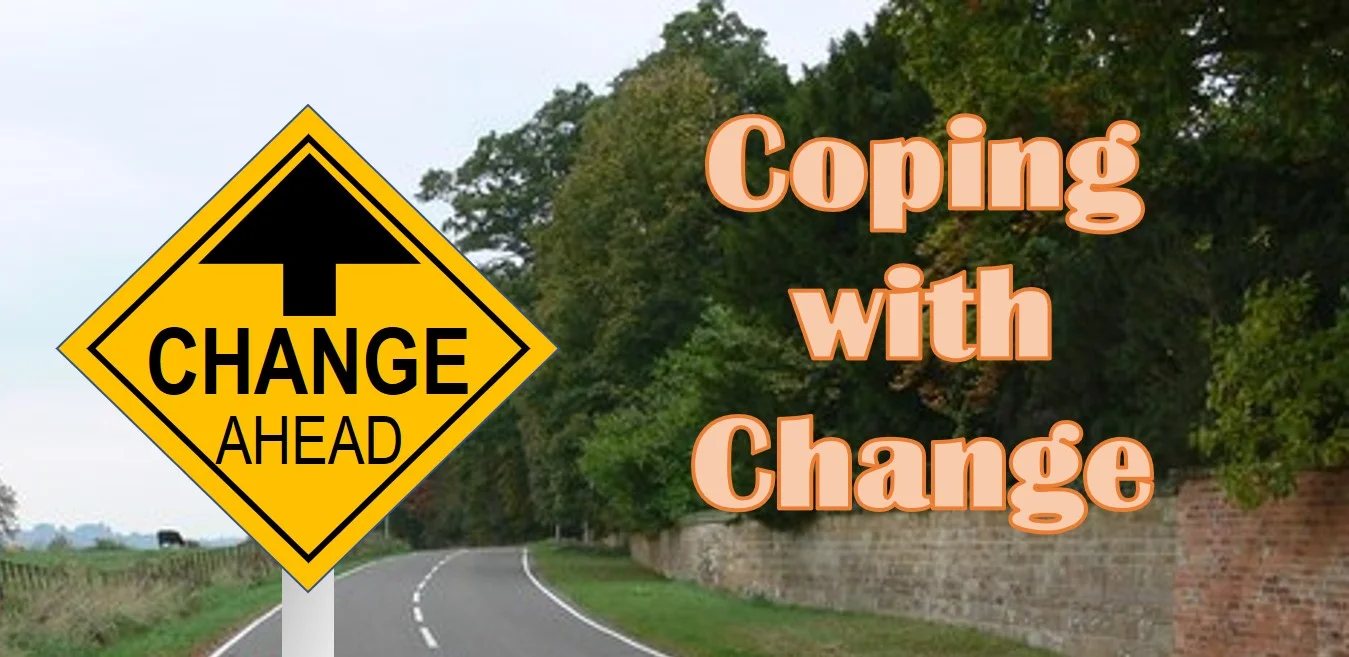George Anderson, ESEP, takes a reminiscent look at owning and supporting a 1968 Jaguar XK-E fixed head coupe (FHD). A lesson in participating in the inner workings of a Systems Life-Cycle, particularly the Utilization, Support and Retirement Stages. Part 2 George details his efforts in putting this car through the Maintenance, Logistics, and Disposal processes.
Read MoreGeorge Anderson, ESEP, takes a reminiscent look at owning and supporting a 1968 Jaguar XK-E fixed head coupe (FHD). A lesson in participating in the inner workings of a Systems Life-Cycle, particularly the Utilization, Support and Retirement Stages. Part 1 George details his initial impressions in putting this car through the Verification and Operations processes.
Read MoreOur 2020 INCOSE-CC president, Mark Evans, discusses the challenge of last year and the hope for the next. Despite an unprecedented year of adversity, the Chesapeake Chapter persevered and rose to the challenge. Next year will only get better as we increase our dedication to serving the local Systems Engineering professionals.
Read MoreOur 2020 INCOSE-CC president Mark Evans discusses how to deal with obsolete skills and staying relevant within the Systems Engineering profession. Systems Engineers find that their skill sets must be adaptive, change rapidly, and require constant updating in order to stay current in today’s continuously changing technology.
Read MoreOur INCOSE-CC president Mark Evans discusses the problem with the old maxim that “correlation does not imply causation” and how Mathematician and Data Scientist, Dr. Judea Pearl's new Book, The Book of Why, can help explore answers to this dilemma.
Read MoreGeorge Anderson applies the Systems Engineering Operations Process described in the INCOSE Systems Engineering Handbook and ISO/IEC/IEEE 15288, and relives his flight of a historic Cessna 195 during some daunting operational challenges while piloting the thing for a short 70 mile flight.
Read MoreOur INCOSE-CC president Mark Evans talks about increasing our community and influence by the having all our chapter members work towards increasing our overall membership.
Read MoreOur INCOSE-CC president Mark Evans observes that Systems Engineers are, by their very nature, predisposed toward designing solutions to complex problems in order to serve humankind. He reviews some engineering triumpants throughout the ages and wonders, “what can systems engineering do to address the world-wide Covid-19 pandemic?”
Read MoreTaras Mykytyn reflects on INCOSE-CC 2019 accomplishments that allowed the chapter to be awarded INCOSE International Platinum Circle and the President's Award for Outstanding Chapter.
Read MoreSystems engineers are potentially the best candidates for being or becoming good troubleshooters. The INCOSE Handbook identifies maintenance as a technical process. Within this framework fault identification or troubleshooting is included as a sub-activity. Troubleshooting is a form of problem-solving that requires experience and often special skills like forensic engineering. George has some great stories about using Systems Engineering while troubleshooting. [image from AB Electrical & Communications Ltd — https://www.abelectricians.com.au/ - used by permission]
Read MoreMark Evans talks about INCOSE-CC plans and some upcoming impacts we see happening during this COVID-19 pandemic crisis.
Read MoreMark Evans wants to know, “The Chapter achieved the ‘Platinum’ Chapter award in 2019 for an unprecedented fourth year in a row. Do we really need to change anything?”
Read MoreReview of GPS Declassified by Richard D. Easton and Rick W. Sturdevant
Read MoreThe phrase “The whole is greater than the sum of the parts” is well known and important to Systems Scientists and Systems Engineers alike. It’s like a short pithy definition of Emergence. And it is almost always automatically attributed to Aristotle. But what I want to know is this - Did he say it? Why did he say it? And in what context?
Read MoreTaras Mykytyn tries to answer the question, “How does the System Engineer adapt to the future challenges on programs while maintaining their expertise and overall skills?”
Read MoreManaging a complex system development being developed is extremely challenging and requires extensive coordination between the all stakeholders, technical teams, leadership and decision makers, operational support teams, and the customer/end users.
Read MoreThis month’s article will focus on Modeling Complex Systems, and why the SE and STEM community needs to step up their skills and expertise in understanding the driving requirements for complex systems, system and subsystem inter-dependencies, system-of-systems complexity, and future challenges for all industries.
Read More
















